Hot Takes: Should Fashion Week Adapt to a New Schedule?
With big names and new fashion capitals like Shanghai stepping off the usual runway calendar, Fashion Week is taking on a new life. Is the traditional schedule slipping out of style?
Just when we thought fashion’s holy calendar was set in stone—enter Giorgio Armani with his solo celebration and Shanghai, Lagos, and Riyadh Fashion Weeks marching to their own beats. Blink twice, and it’s Fashion Week somewhere. The traditional fashion schedule used to follow a predictable rhythm: March for Fall/Winter, September for Spring/Summer, and Pre-Fall, Resort, and Couture squeezed in wherever they could. But if you’ve scrolled social media lately, it seems fashion is running on its own clock, with designers taking matters into their own hands—and time zones. With Fashion Weeks multiplying, the only constant now is change.
RELATED: 5 Holiday Wardrobe Essentials to Shop as Early as Now

Take Heart Evangelista’s recent turn on the runway for Atelier Zuhra in Dubai’s Fashion Factor, a platform uplifting emerging designers and brands. Our own events such as BENCH Fashion Week in Manila and BYS Fashion Week follow their own schedules and spotlight local talent and building platforms that don’t adhere to the global calendar. These shows may not fit the traditional mold, but they’re proof that fashion’s timeline is shifting, and so is its audience. For those keeping count, they’re not on the official calendar, but that didn’t stop it from making waves—After all, Naomi Campbell also walked the runway for Fashion Factor. Has the traditional calendar loosened its iron grip on the industry, or are we seeing the rise of something altogether different?

Constant Celebration
Giorgio Armani sure thinks so. For his 90th birthday and his brand’s 50th anniversary, he decided the usual schedule wasn’t festive enough for his taste. He approached this journey like a cinematic experience, as reflected by the inspiration of his collection—New York City. Armani wasn’t about to be boxed in by the usual schedule. For his milestone year, he wanted the runway as his own private cinema. The result beckoned a dazzling, out-of-schedule show that proved some classics never lose their appeal; they simply keep adding sequels. Armani still has it.
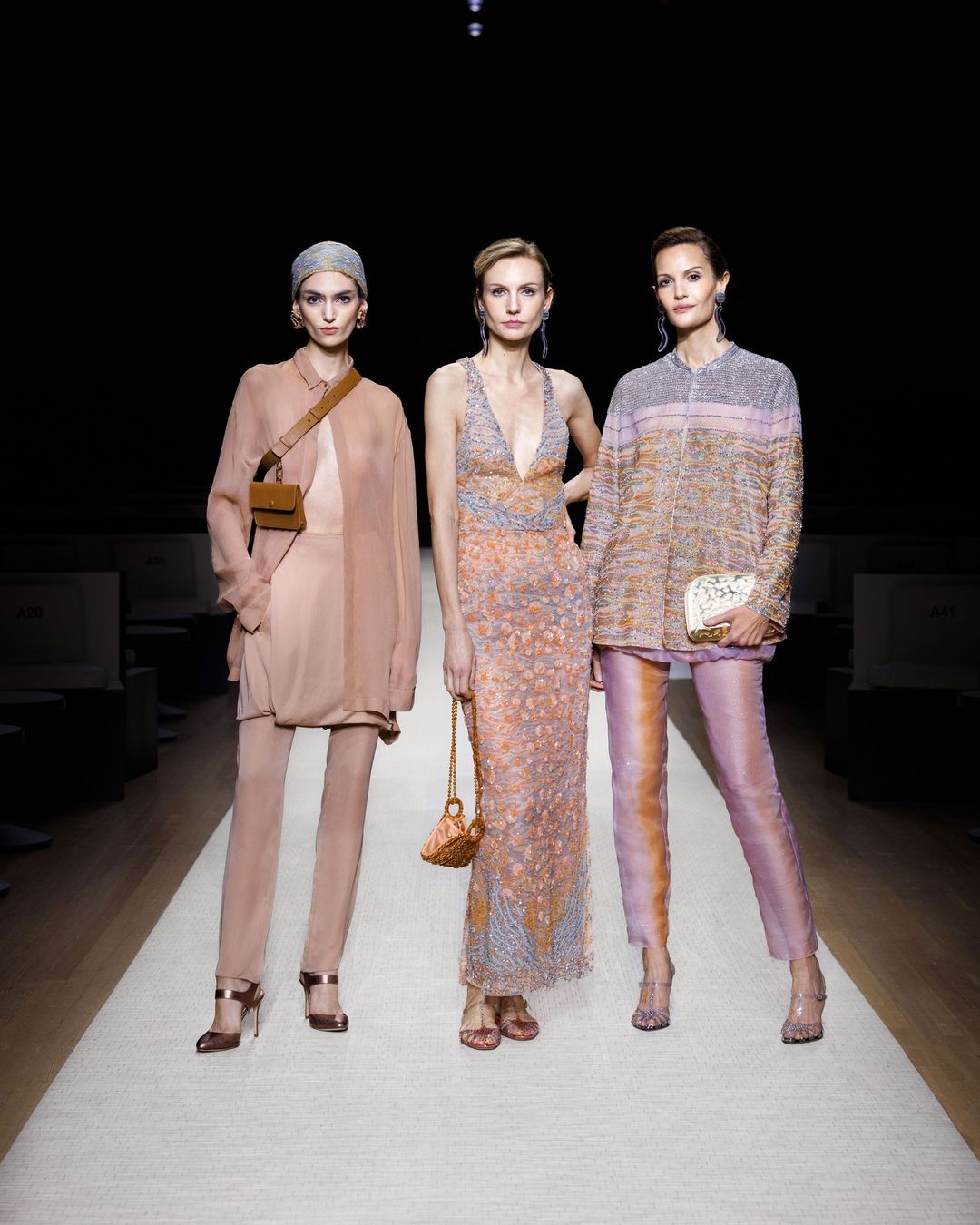
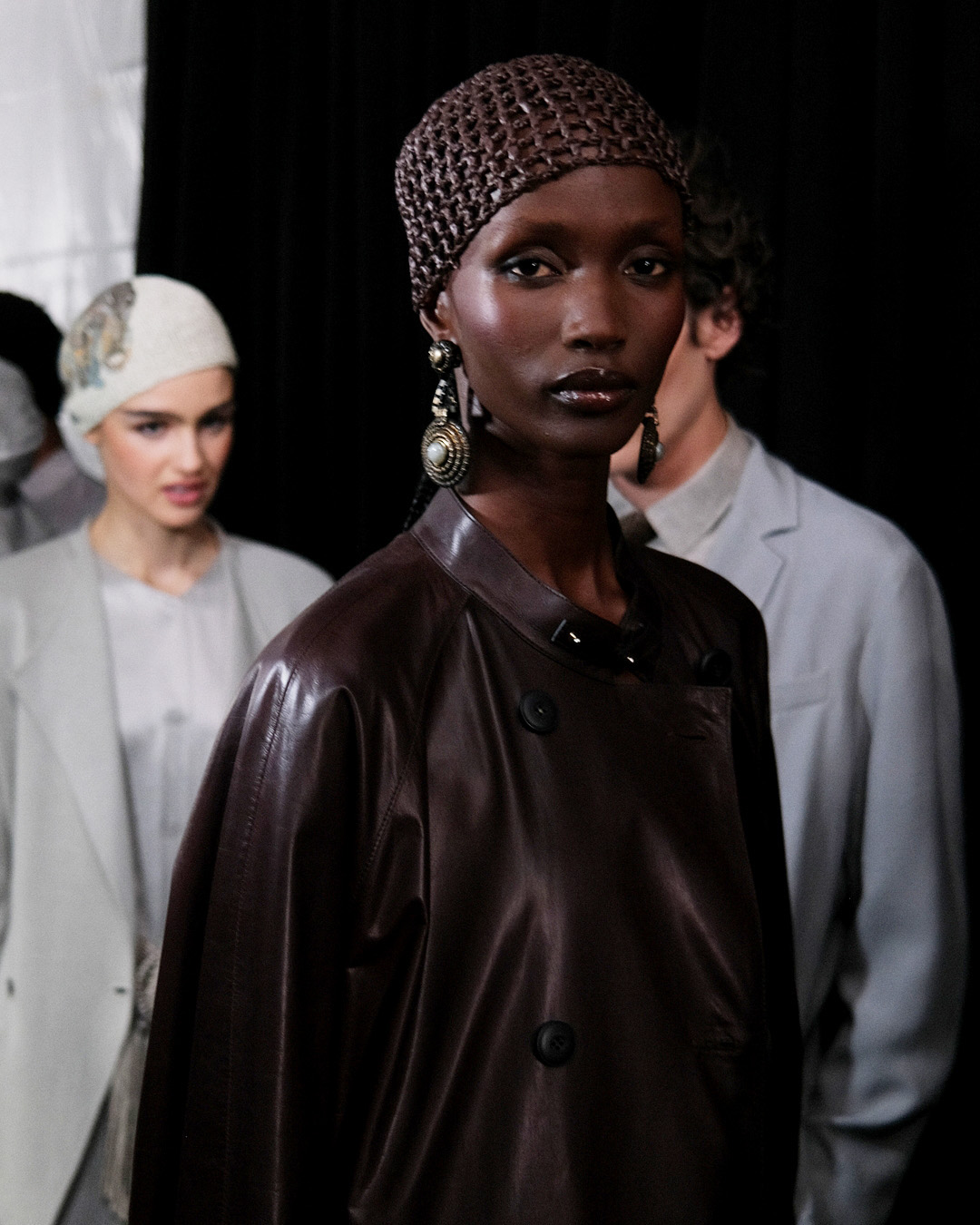
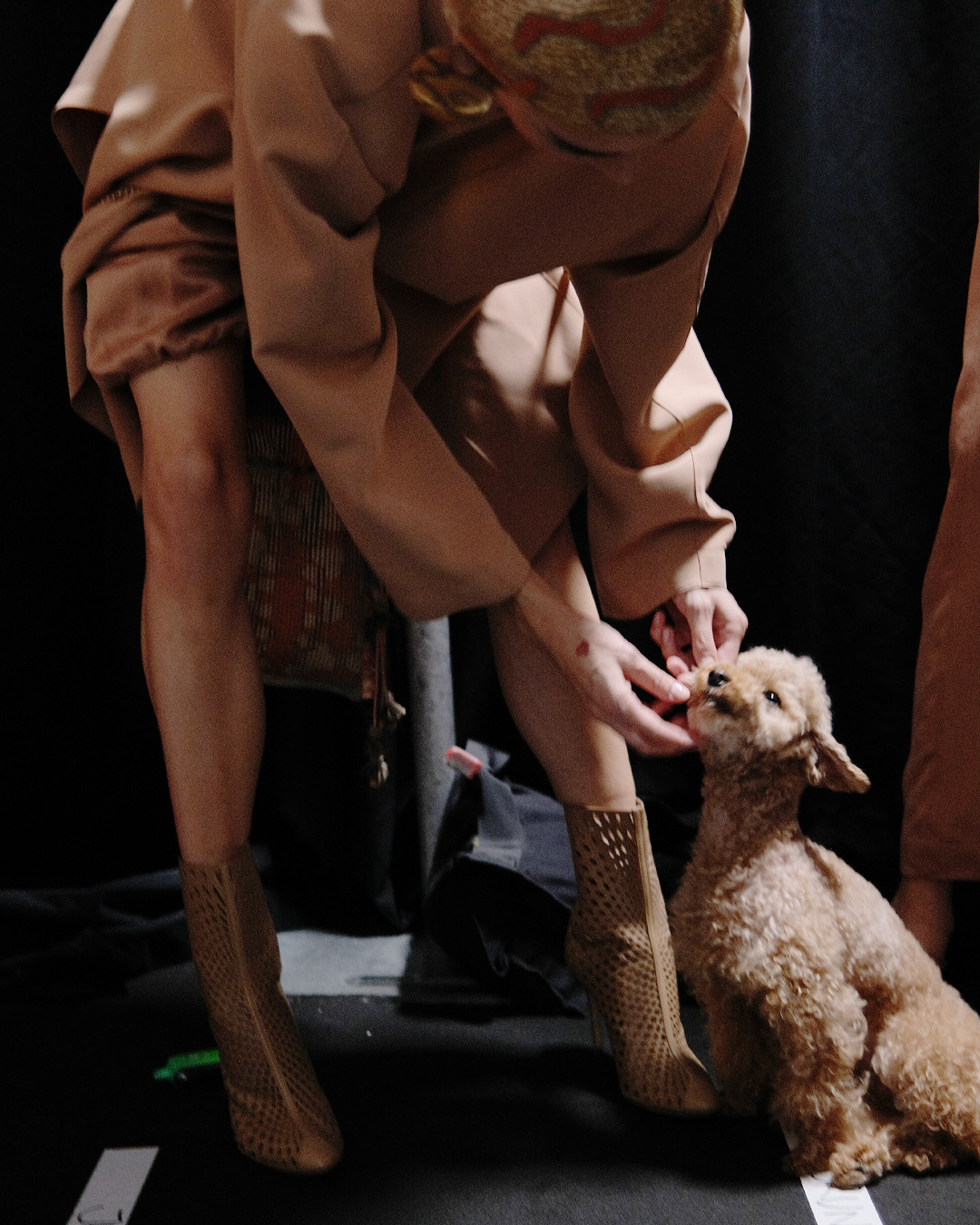
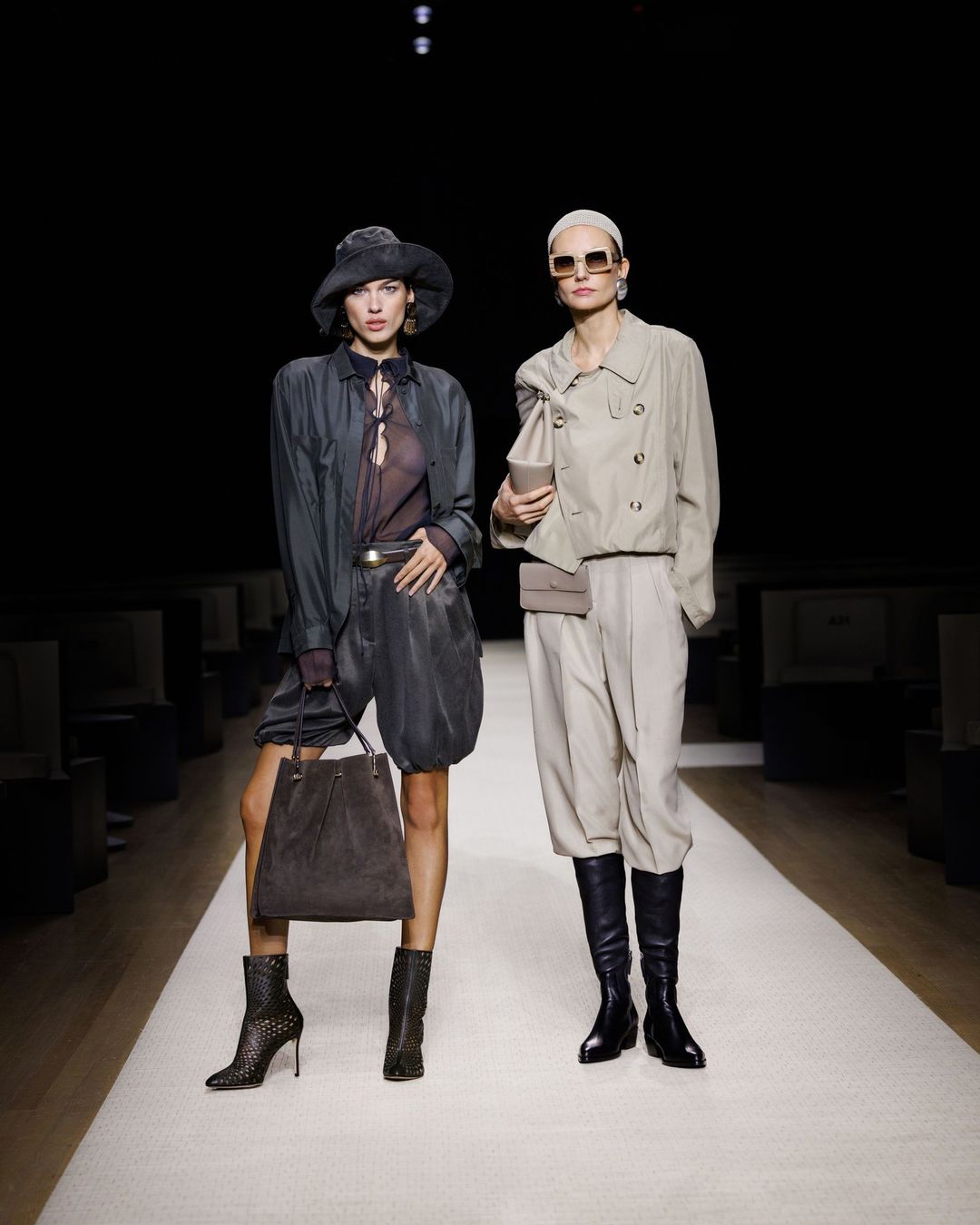
Taking Pride
But the disruption extends outside celebrated icons like Armani. Shanghai Fashion Week, Lagos Fashion Week, and Riyadh Fashion Week are carving out dedicated schedules that prioritize local designers and tap into their audiences directly. In Shanghai, in its return to the runway since 2019, the Vivienne Westwood team brought a slice of London attitude to the streets of China with a lineup was a mix of punk nostalgia and modern resonance, while Lagos Fashion Week electrified Africa’s fashion capital with unreserved prints and an exuberant energy that Western fashion weeks could only dream of.

Riyadh Fashion Week, too, has thrown its hat into the ring, making a statement in a region not traditionally associated with haute couture. This is a fashion runway reflecting cultural shifts as much as seasonal trends. In couture, there was no shortage of opulence, yet the designers emphasized a kind of grounded luxury, redefining what “local” can mean globally.
The Time is Now
The question, then, is: can smaller fashion weeks or off-schedule shows really compete with the prestige of Paris or Milan? In today’s social media era, the answer is a surprising yes. Every fashion show, whether it’s Armani’s retrospective or a fresh designer’s debut, gets its 15 minutes on Instagram—if it can capture the attention span of a notoriously fickle audience.
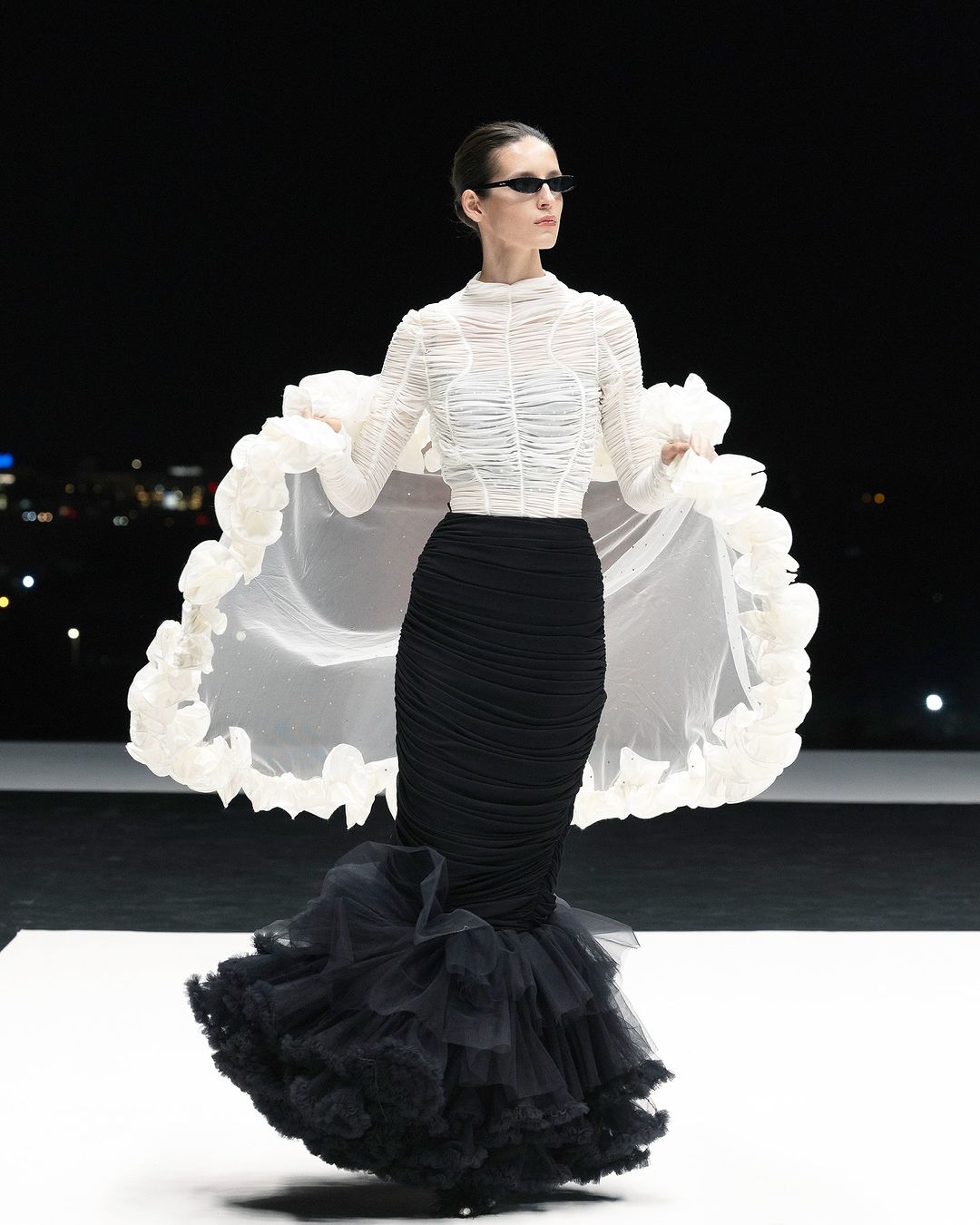

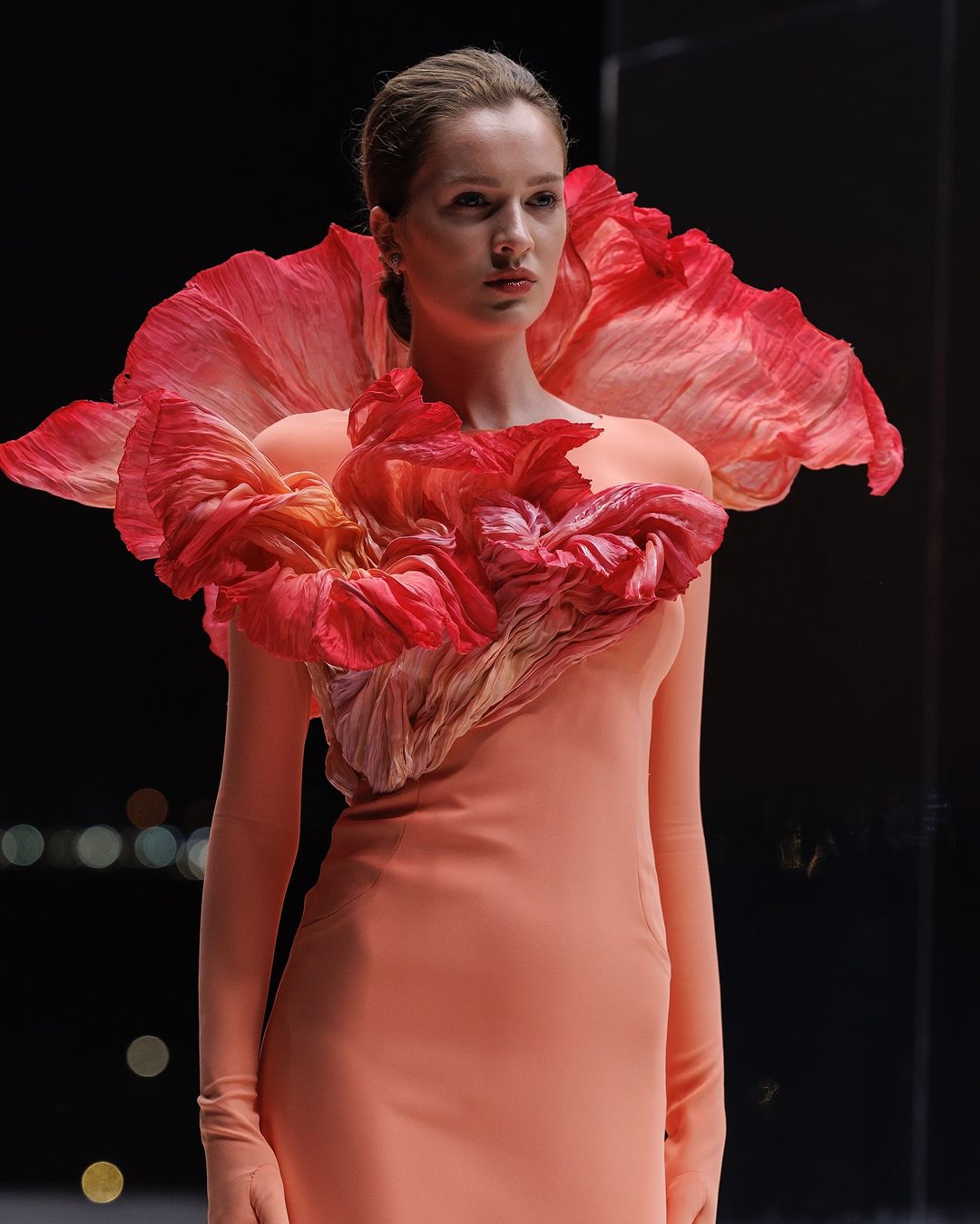
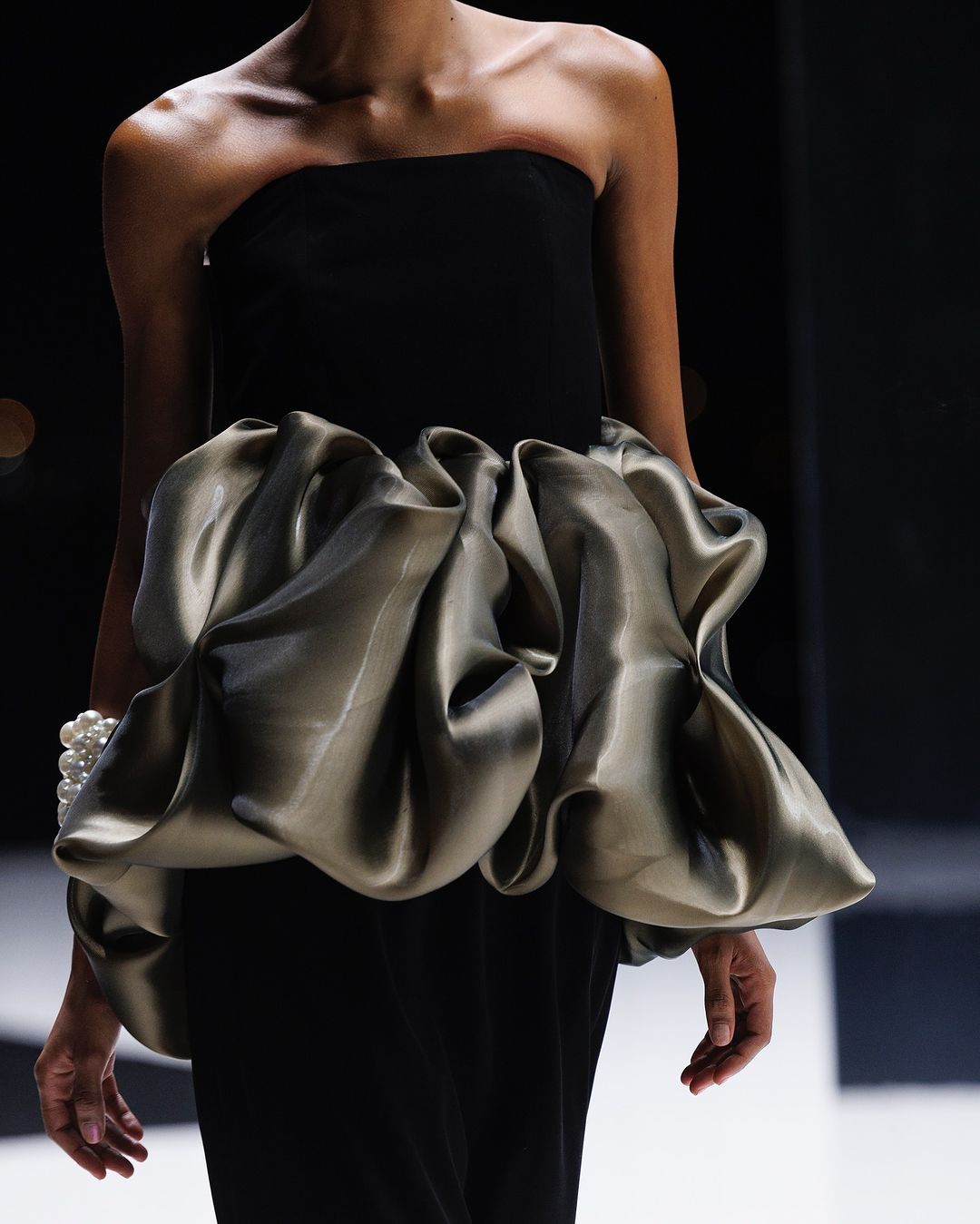
These days, fashion is everywhere, all the time. In the past, it would have been unthinkable to see such a mix of cultural style and influence spilling out of the industry’s rigid timetable. But today, with varied platforms fighting for their own media value, the traditional hierarchy has flattened. Any designer from any time zone, with the right viral spark, can attain a form of significance, if not also influence. Has Fashion Week adapted? Absolutely. The real question might be, can the audience keep up? With Fashion Weeks popping up worldwide, every week feels like a new season.
Photos: BETHOVEN M. FILOMENO, GIORGIO ARMANI, VIVENNE WESTWOOD, and RIYADH FASHION WEEK (via Instagram)
The post Hot Takes: Should Fashion Week Adapt to a New Schedule? appeared first on MEGA.Hot Takes: Should Fashion Week Adapt to a New Schedule?
Trending Updates Central

No comments: